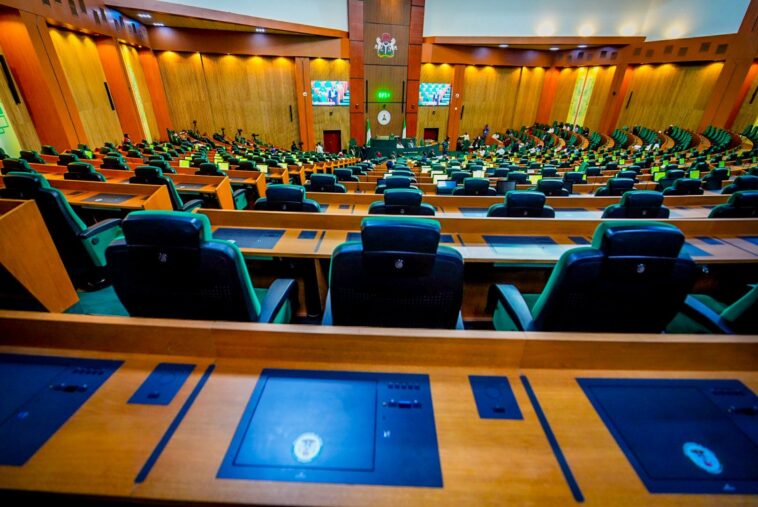The National Assembly is considering far-reaching amendments to the Electoral Act 2022, including provisions mandating both electronic and manual transmission of election results, optional use of Permanent Voter Cards (PVCs), and the introduction of early voting.
The draft bill, currently under legislative review, outlines major electoral reforms designed to enhance transparency and efficiency in Nigeria’s electoral process. Among the new provisions, Section 2 proposes that early voting be conducted no later than 14 days before election day. Eligible participants include security personnel, electoral commission officials, accredited observers, journalists, and temporary staff of the Independent National Electoral Commission (INEC).
Section 60(5) of the proposed amendment stipulates that “the presiding officer shall transmit the results, including the total number of accredited voters, to the next level of collation both electronically and manually.”
One of the most significant proposed changes involves moving the general elections forward by approximately six months — from February or March to November 2026 — to allow adequate time for the resolution of all election-related legal disputes before the May 29, 2027, handover date.
According to Section 4(7) of the amendment draft, “elections into the office of the president and governor of a state shall be held not later than 185 days before the expiration of the term of office of the last holder of the office.” Similarly, Section 4(5) specifies that “elections into the state houses of assembly and the National Assembly shall be held not later than 185 days before the date on which each of the houses stands dissolved.”
At a joint public hearing held on Monday, the Chairman of the House Committee on Electoral Matters, Hon. Adebayo Balogun, explained that the adjustment aims to eliminate the practice of swearing in officials whose election victories are still under legal contestation.
Balogun noted that the proposed changes would also reduce the duration of tribunal judgments from 180 days to 90 days, thereby fast-tracking the resolution of post-election disputes.
The Independent National Electoral Commission (INEC) has expressed support for the amendments, describing them as a progressive step toward greater electoral transparency and efficiency. However, opposition parties remain divided, questioning the timing and intent behind the proposed reforms.
If passed, the amendment will also impose penalties for failure to comply with the new electoral procedures.
The proposed changes, once enacted, could mark one of the most significant overhauls of Nigeria’s electoral process since the return to democracy in 1999.





